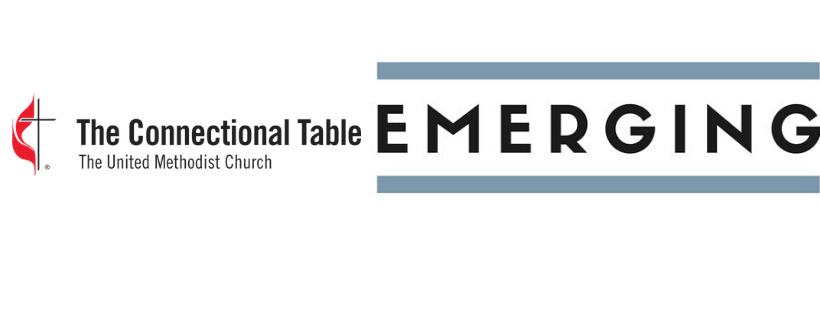Reflections on Leadership, Part I
LEADERSHIP FOR RESURRECTION
By Rev. Kennetha J. Bigham-Tsai and Eric Martin
The United Methodist Church is in disruptive times. This is a moment that is highly reactive and potentially explosive, but it is also a generative moment in the life of the church. God is doing something new in Methodism. Perhaps God is bringing about resurrection and new life.
What kind of leadership fits this moment? How should we lead toward resurrection and new life? Indeed, these questions raise a quandary. How do we lead into something new when we don’t really know what “new” looks like? Or, rather, how do we lead when “new” could take many viable forms, including some that retain core elements of the old? Ultimately, how do we lead in ways that call for new ways of being, particularly at a time in which assumptions and typical ways of doing must be reexamined. How do we lead when we don’t know the way?
To answer these questions, it helps to understand what we mean by leadership and the ways in which it differs—dramatically—from prevailing notions. Drs. Ron Heifetz and Marty Linsky—faculty at the John F. Kennedy School of Government at Harvard University who pioneered the practice of adaptive leadership—note that leadership is not simply a position or a personality trait. In fact, the position a person holds on an organizational chart and their personal style are often poor predictors of whether or not they exercise leadership.
Leadership also is not the exercise of authority. Authority seeks solutions to fairly straightforward problems in four key ways:
Direction—Where are we going?
Order—What are our roles, norms and ways to minimize conflict?
Protection—How will we stay safe?
Expertise—What skills and best practices will we deploy?
For instance, an annual conference strategic plan, and those who carry it out, help set direction for the annual conference. The Book of Discipline explains roles and norms for the whole church and helps keep order. Human resource policies and the professionals who enforce them provide protection for church employees. The financial policies and staff in a local church or annual conference provide the expertise to help enforce and monitor good financial practices. The exercise of authority, in all of these cases, is useful and indeed necessary, when addressing questions such as, “How much vacation time should an employee receive? What is the process for becoming a local pastor?" Or, "How will we conduct the next financial campaign?"
However, authority alone is insufficient when it comes to questions for which the solutions are not so clear, such as, “How shall we be in ministry with LGBTQIA+ persons, in a worldwide church where there are varied cultural beliefs about human sexuality, many different ways of interpreting Scripture and a plethora of understandings about the nature and character of God?"
For complex questions like these, what is needed is leadership, understood as an activity—a behavior, that anyone can engage on any day. The goal of such leadership is to mobilize people to engage a challenge that has no clear or simple solution—precisely the kind of challenge facing The United Methodist Church.
To practice such leadership in this generative moment in which we find ourselves will mean making and holding space for our first love by finding joy in purpose. It will mean holding space for the woundedness of the church by touching the woundedness of others. It also will mean holding space for loss by dying to ourselves and walking with each other through the valley of the shadow of death. And it will mean living with instability and chaos for a bit longer to hold space for the mystery of God’s work in the emergence of something new.
Rev. Kennetha J. Bigham-Tsai is the Chief Connectional Ministries Officer of the Connectional Table.
Eric Martin specializes in leadership development and systems change with Adaptive Change Advisors. His recent work draws on the Adaptive Leadership framework developed by Harvard faculty Drs. Ron Heifetz and Marty Linsky.

